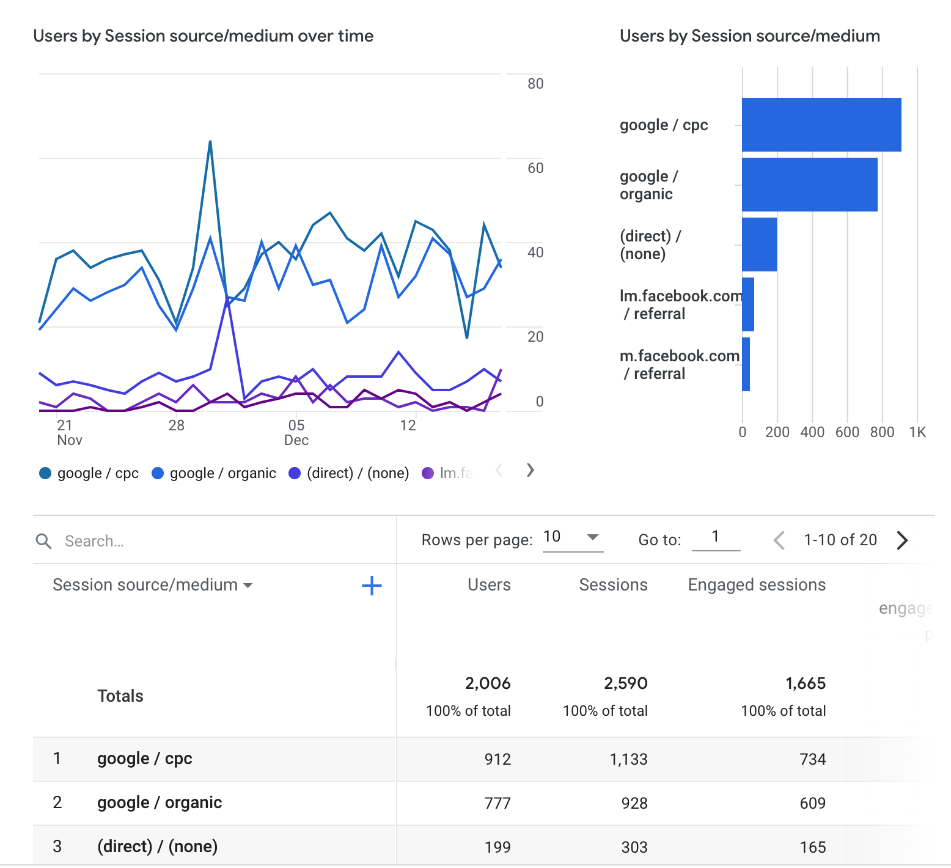Search Engine Optimization
Why Search Engine Optimization is good to be used for any newly launched website OR an existing site ?
There are many website owners who think that once their site is launched the ROI will boom. But it’s not like that. The things work in a similar way as for a physical shop. All people know you need marketing for a physical shop.
Organic Searches in SERPs
You site needs online marketing, like SEO (Search Engine Optimization) for a start which is related to organic searches in SERPs, then you can invest more and use SEM (Search Engine Marketing), the latter referring to paid links in google or Bing SERPs.
Optimize Your Site
Search Engine Optimization refers to search results like web pages, local listings or video content displayed in any main search engine like Google, Bing or Yahoo. These search results are shown in a certain order, according to whatever keyword user searches on the search engine and according to the search engine bot or web crawler algorithm. There is no payment involved to Google, Bing, Yahoo.
Each search engine has its own web crawler/bot (or sometimes is called robot), thus each one uses its own algorithm in showing search results in a corresponding order. Moreover there are robots built for desktop use and others for mobile. For example there are AdSense and AdsBot which verify the quality of the ads, while Mobile Apps Android checks the applications on Android OS, used on smartphones.
Also there are Googlebot for desktop and Googlebot for mobile, but also Googlebot for video, one for images (Googlebot-Image) and one for news (Googlebot-News).
Using Google Search Console (the Crawl section), we can find out how often Googlebot visits your site.
How can we optimize your site from SEO point of view ?
We apply our own SEO strategy to achieve the best results possible and have your site ranking high in SERPs (Search Engine Results Pages).
Guidelines We Follow
Technical SEO rules we take into account when improving client’s site:
- fast loading web pages
- mobile responsiveness
- easy navigation and use of CTAs (Call-to-Actions)
- clear benefits for end user

Guidelines We Follow
For On-Site SEO we follow some guidelines/rules:
- Verify your website content by using specific SEO tools. Each page is analyzed
- Rewrite accordingly the content of the site, like title tags, meta description, paragraphs within content itself, specific attributes for images, like alt attribute, used by Googlebot Images etc
- The keywords will be chosen together with the client, according to client’s niche target, the competition on that niche and how easy or difficult is to achieve a certain ranking in google, bing or yahoo.
- SEO friendly URLs (Uniform Resource Locator) – in Layman language, the web address of your page should accurately describes the page using specific keywords (focus keyword) that are easy readable by both search engines and users. This is valid for each web page belonging to your site
- Also there is a limit of word count used on every page, but this is part of our research as well, as this matters on a per-niche and per-keyword basis
- Keyword density refers to the amount of times you write your keywords in an article of a given length
- Synonyms for specific keywords used, especially the focus keyword, for the simple reason search engine don’t like to overload your web page with the same keyword
- Specific header tags and customize their text
- Using authority links (outbound links)
- Optimizing all your web page images to load faster
- Good internal links
- Integrating social media (Facebook, Twitter, Instagram)
- Siloing and relevance
- Preventing keyword cannibalization
- Placing CTAs (Call to Actions – ex. buttons ) in the right spots of your web page to get a better conversion
For OFF-Site SEO we do:
- Adding your business on social networks like Facebook, Twitter, Instagram
- Adding client’s company/website on Google My Business
- Adding client’s site on major local directories
- YouTube/Vimeo embed
- Increasing traffic from social media sharing (Facebook, Twitter, Instagram, YouTube)
- Quality backlinks (inbound links)
- Recognition from social bookmarking sites (Reddit, Stumbleupon, Digg)